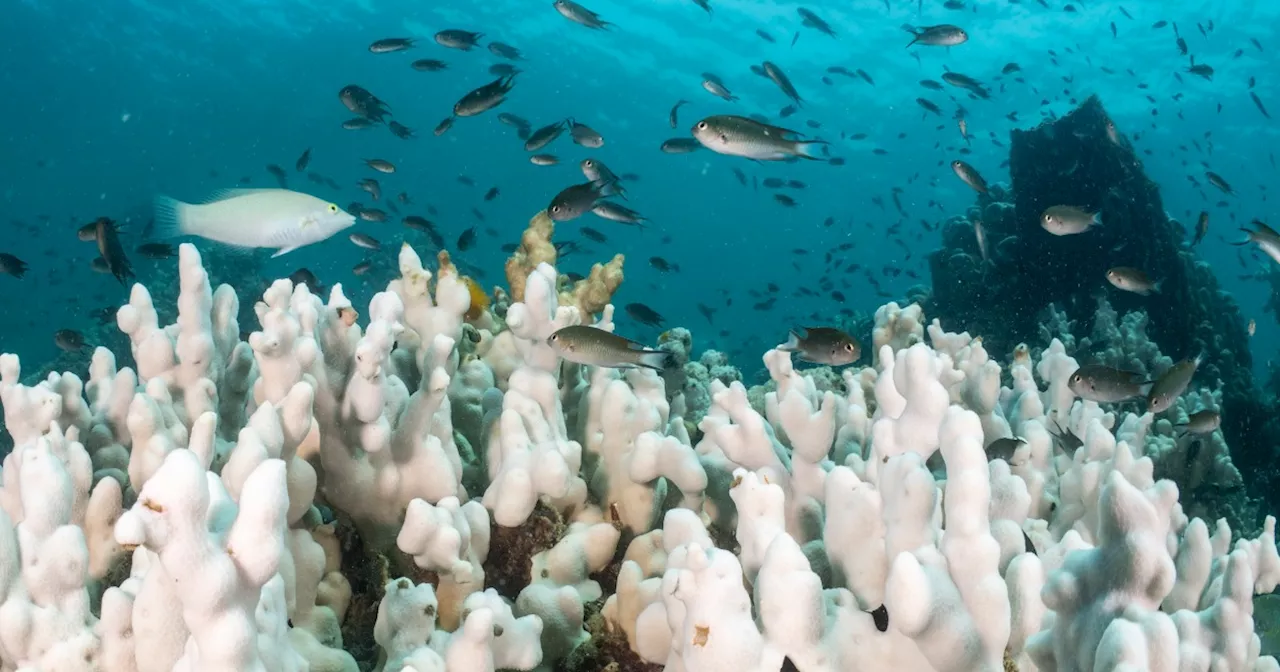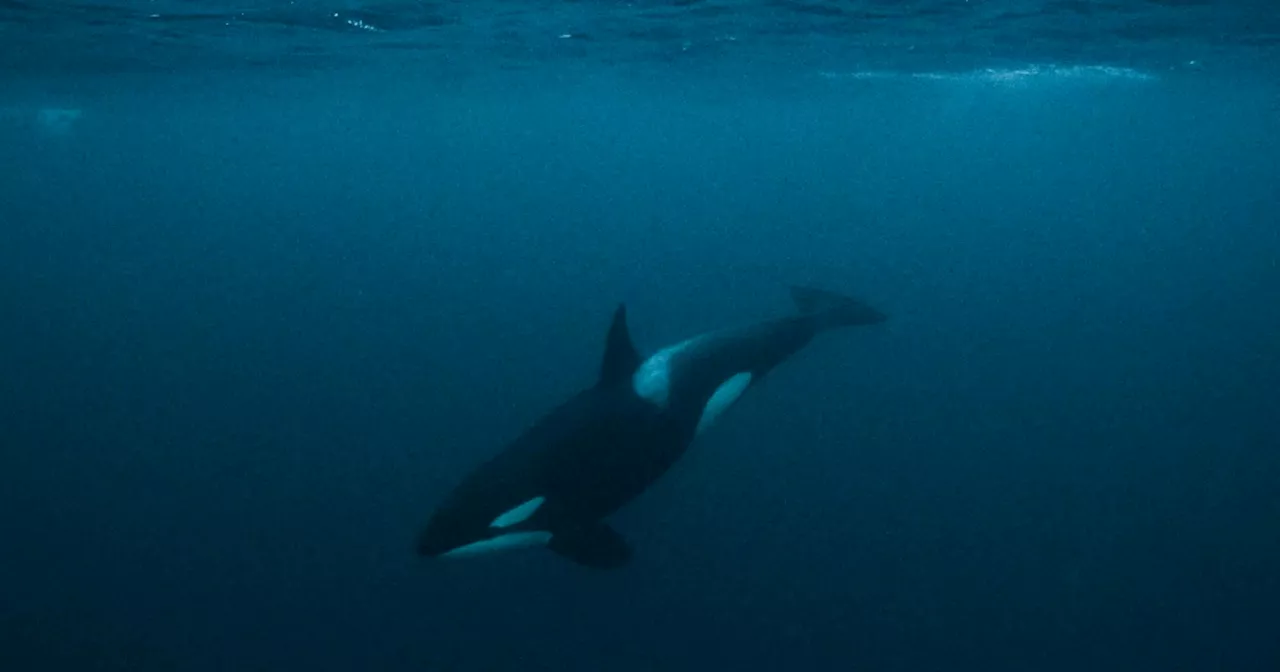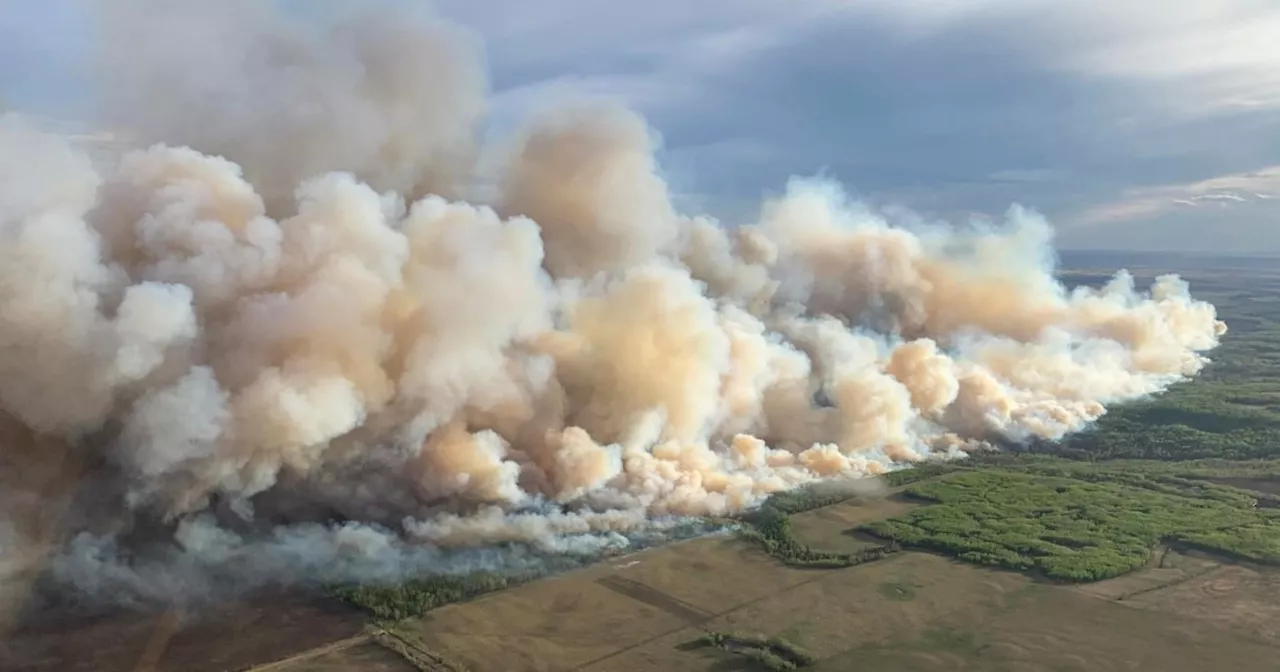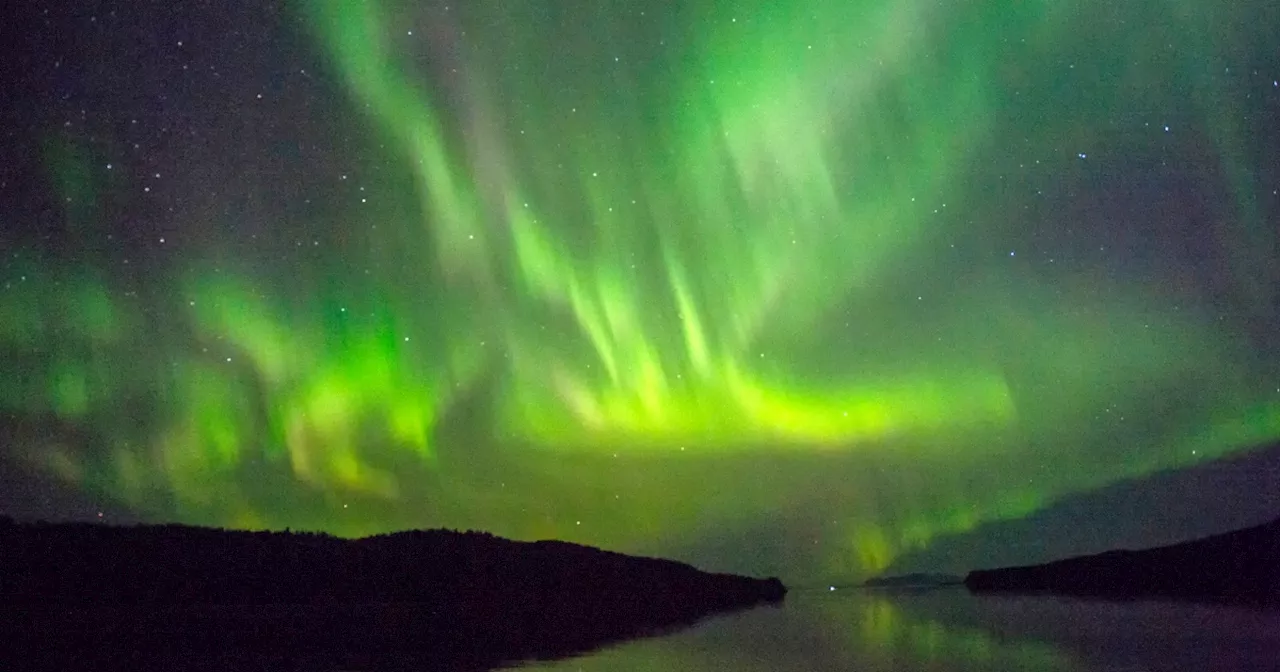Joanna Thompson is a science journalist and runner based in New York. She holds a B.S. in Zoology and a B.A. in Creative Writing from North Carolina State University, as well as a Master's in Science Journalism from NYU's Science, Health and Environmental Reporting Program.
When a dog stares at you with big, sad, puppy dog eyes, it's easy to imagine that this adorable look is meant specifically to melt your heart . But new research shows that other species in the canid family tree are just as capable of making sorrowful eyes as your pooch.
The 2019 study found that domestic dogs had highly developed muscles around their eyes compared with wolves , which enabled them to make a wider range of facial expressions. The researchers concluded that these muscles may have developed as dogs began living more closely with humans so they could mimic our own facial expressions as a way to encourage us to take care of them.
To find out, Smith's team performed a detailed dissection on a deceased African wild dog specimen donated by a zoo. The researchers found that not only do African wild dogs have the same"puppy-dog eye" muscles as domestic dogs, but these muscles are just as developed as those in domestic canines."So it kind of debunks the idea that domestic dogs are the only canids that have this, and that they evolved specifically for us," Smith said.
By submitting your information you agree to the Terms & Conditions and Privacy Policy and are aged 16 or over."This study affirms that not only are very social, but a lot of those social cues are probably linked to visual signals," Adam Hartstone-Rose, a comparative morphologist at North Carolina State University who was not involved in the new research, told Live Science.
United States Latest News, United States Headlines
Similar News:You can also read news stories similar to this one that we have collected from other news sources.
 Massive study of 8,000 cats reveals which breeds live longestSkyler Ware is a freelance science journalist covering chemistry, biology, paleontology and Earth science. She was a 2023 AAAS Mass Media Science & Engineering Fellow at Science News. Her work has also appeared in Science News Explores, ZME Science and Chembites, among others. Skyler has a Ph.D. in chemistry from Caltech.
Massive study of 8,000 cats reveals which breeds live longestSkyler Ware is a freelance science journalist covering chemistry, biology, paleontology and Earth science. She was a 2023 AAAS Mass Media Science & Engineering Fellow at Science News. Her work has also appeared in Science News Explores, ZME Science and Chembites, among others. Skyler has a Ph.D. in chemistry from Caltech.
Read more »
 World's oceans have gone 'crazy haywire,' with majority of coral reefs in perilDenise Chow is a reporter for NBC News Science focused on general science and climate change.
World's oceans have gone 'crazy haywire,' with majority of coral reefs in perilDenise Chow is a reporter for NBC News Science focused on general science and climate change.
Read more »
 Cities look for new ways to keep people safe — and alive — as extreme summer heat loomsDenise Chow is a reporter for NBC News Science focused on general science and climate change.
Cities look for new ways to keep people safe — and alive — as extreme summer heat loomsDenise Chow is a reporter for NBC News Science focused on general science and climate change.
Read more »
 What drove killer whales' dramatic behavior this year?Denise Chow is a reporter for NBC News Science focused on general science and climate change.
What drove killer whales' dramatic behavior this year?Denise Chow is a reporter for NBC News Science focused on general science and climate change.
Read more »
 Canadian wildfires trigger air quality alerts in four U.S. statesDenise Chow is a reporter for NBC News Science focused on general science and climate change.
Canadian wildfires trigger air quality alerts in four U.S. statesDenise Chow is a reporter for NBC News Science focused on general science and climate change.
Read more »
 Northern lights will likely be visible in much of U.S. due to solar stormDenise Chow is a reporter for NBC News Science focused on general science and climate change.
Northern lights will likely be visible in much of U.S. due to solar stormDenise Chow is a reporter for NBC News Science focused on general science and climate change.
Read more »
